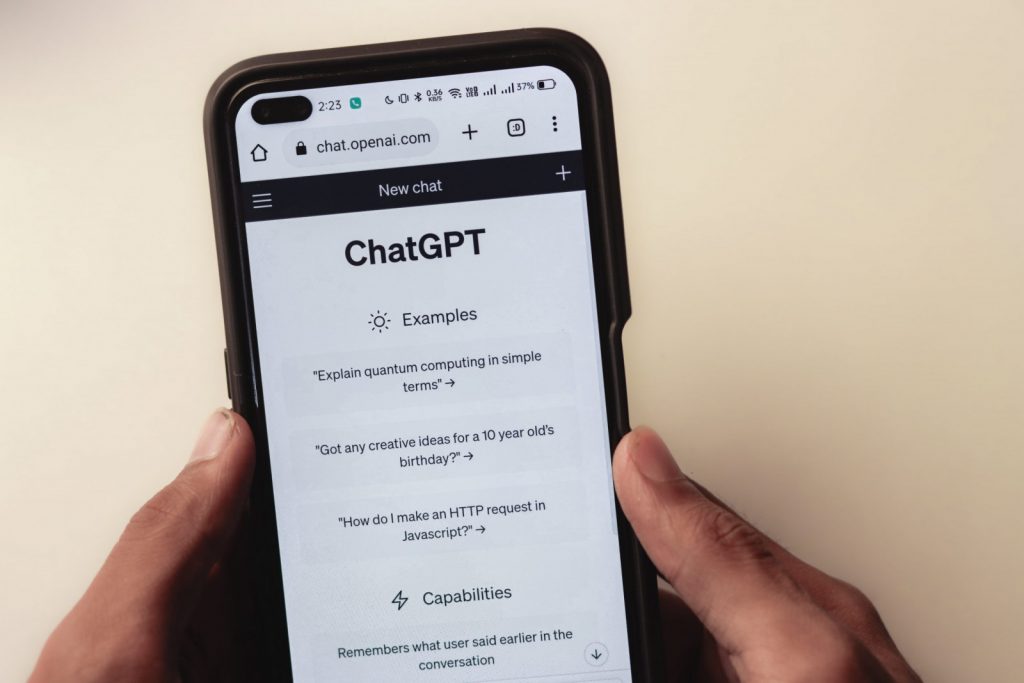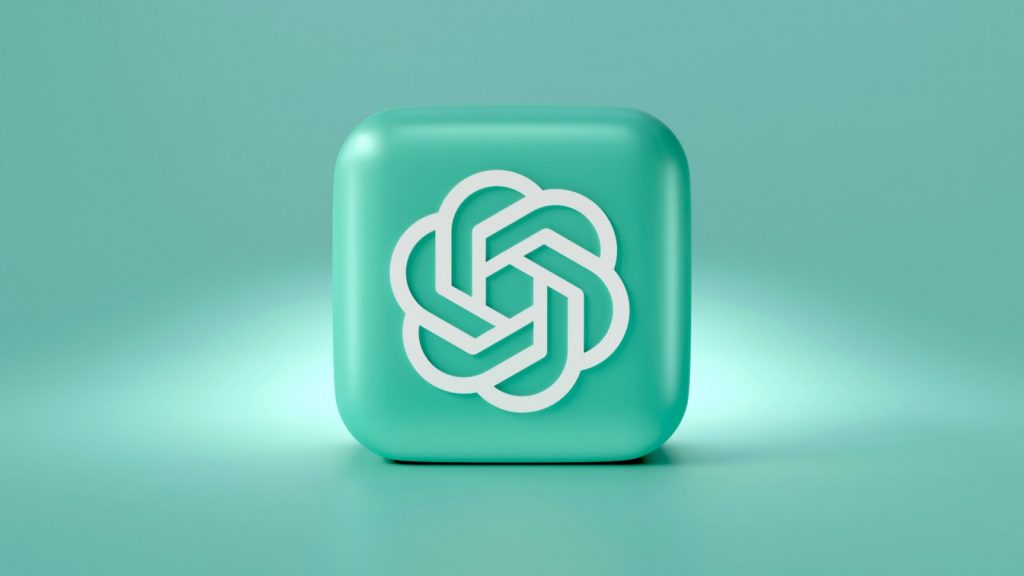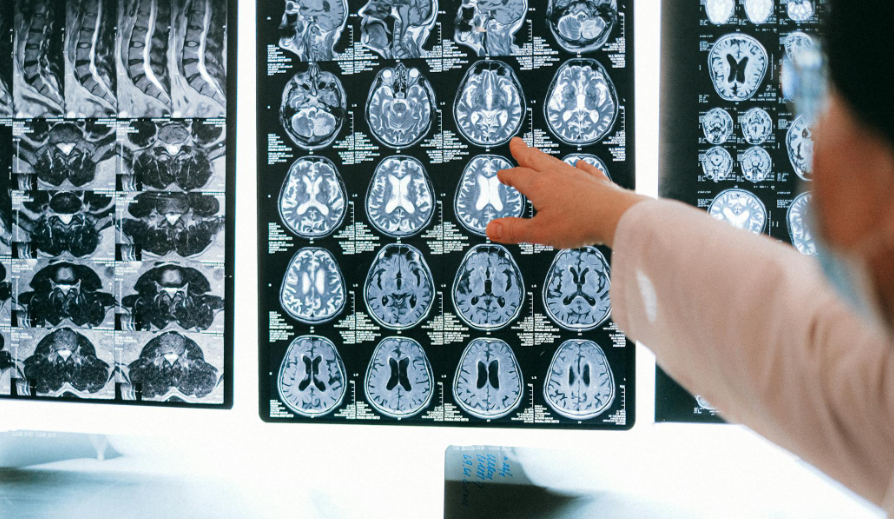Study Finds ChatGPT Outperforms Physicians

In a world where technology continues to revolutionize the way we live, it’s no surprise that the realm of healthcare is also being transformed. Picture this: a bustling hospital filled with dedicated healthcare professionals, and amidst them, a quiet revolution is taking place. Meet the AI assistant, a digital companion transforming patient care. With lightning-fast processing, vast knowledge, and a touch of human-like understanding, it bridges the gap between patients and healthcare providers.
A recent study published in JAMA Internal Medicine conducted by Dr. John W. Ayers from the Qualcomm Institute at the University of California San Diego sheds light on the potential of AI assistants in the field of medicine. The study aimed to determine whether an artificial intelligence chatbot assistant could provide responses to patient questions that are comparable in quality and empathy to those written by physicians.
The researchers analyzed 195 patient questions randomly selected from a public social media forum. They compared the responses provided by physicians to those generated by a chatbot. Surprisingly, the chatbot’s responses were preferred over physician responses and were rated significantly higher in terms of both quality and empathy.

These findings suggest that artificial intelligence assistants, like ChatGPT, have the potential to assist in drafting responses to patient questions. With the rapid expansion of virtual healthcare, there has been an increase in patient messages, leading to more workload and burnout among healthcare professionals. AI assistants could help alleviate this burden by drafting responses that can be reviewed by clinicians.
However, there are some limitations to consider regarding the findings of this study. One limitation is that the study focused on patient questions posted on a public social media forum, which may not represent the typical interactions between patients and physicians in a clinical setting. In a clinical setting, there may be more nuanced and complex factors involved in patient-physician communication, such as the establishment of a personal relationship and access to the patient’s medical history.

Another limitation is that the study did not evaluate the chatbot’s ability to provide personalized responses or integrate information from the patient’s electronic health record.
Despite these limitations, the study’s findings provide valuable insights into the potential role of AI assistants in healthcare. The use of AI assistants could help alleviate the burden of patient messages on healthcare professionals, allowing them to focus on more complex tasks and improving overall workflow.
Let us embrace this new era of healthcare, where human expertise and cutting-edge technology converge to shape a future filled with hope, healing, and limitless possibilities. Together, let us embark on this extraordinary journey as we forge ahead toward a brighter, healthier tomorrow.
What are your thoughts on the growing role of technology like ChatGPT in healthcare? Do you believe it has the potential to revolutionize medical advice and treatment? Share your insights and opinions in the comments section below!


